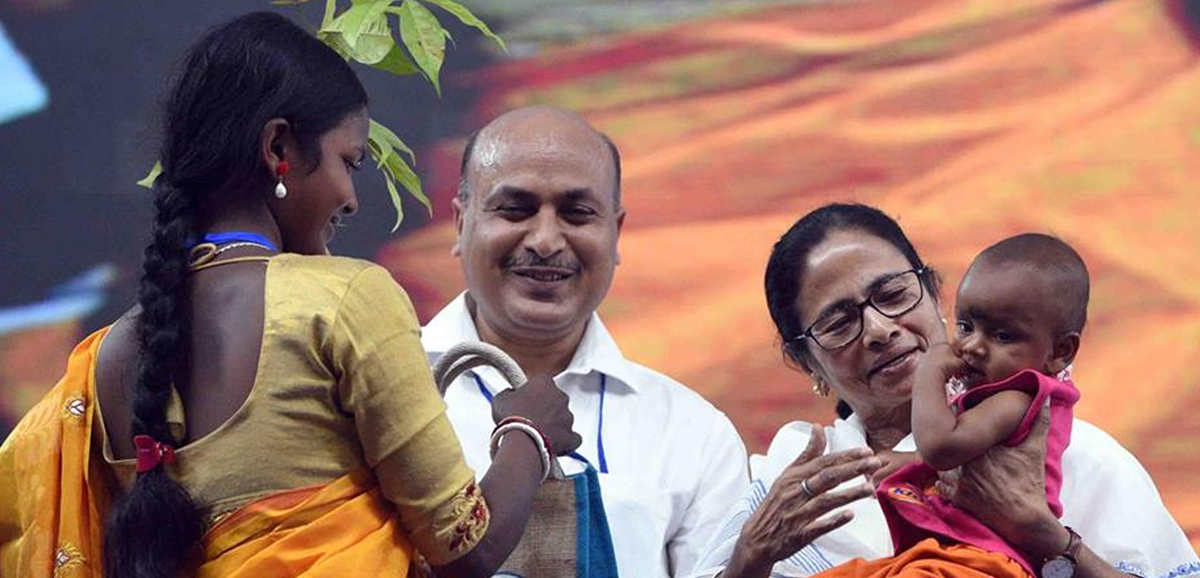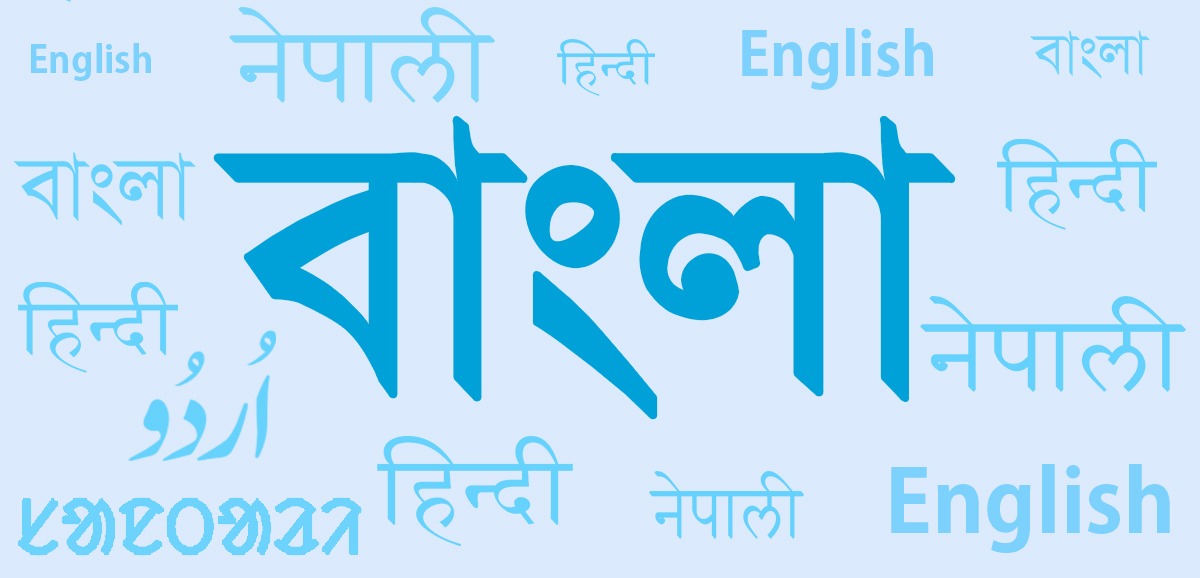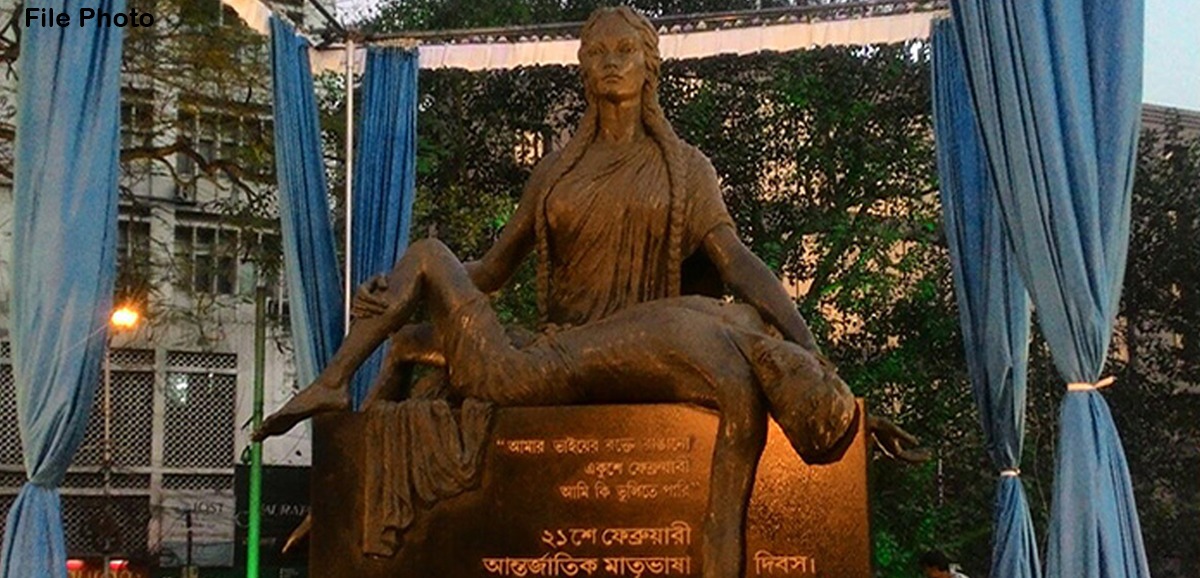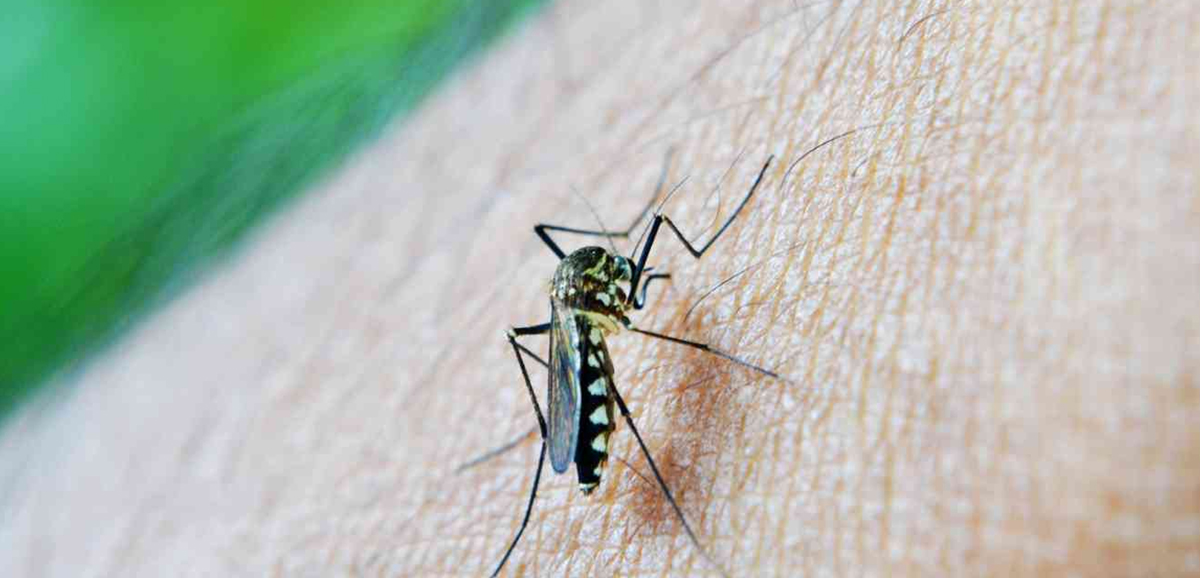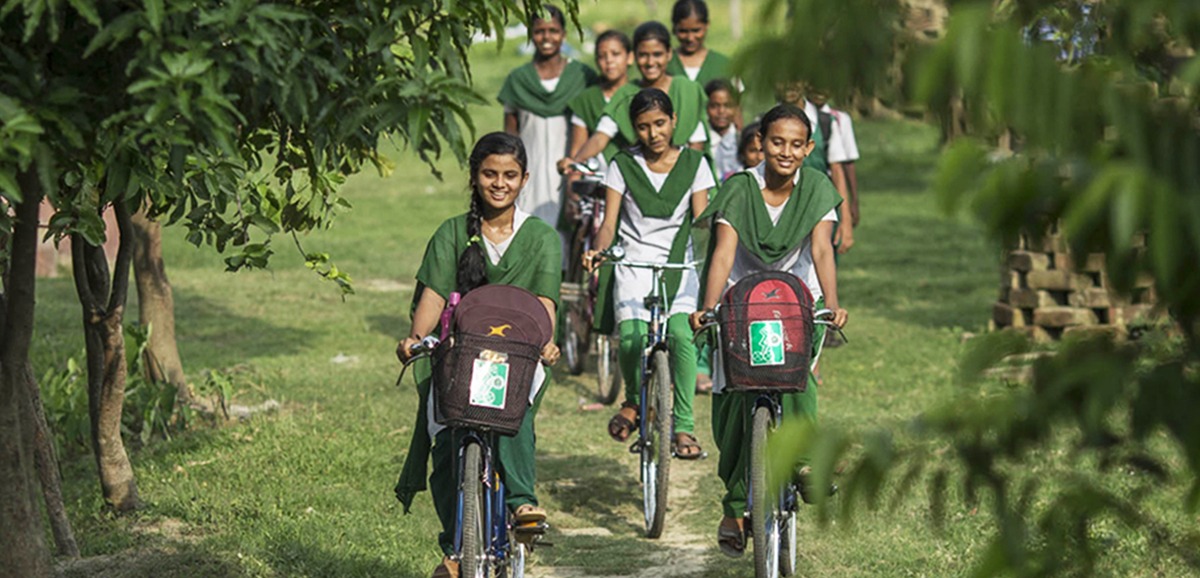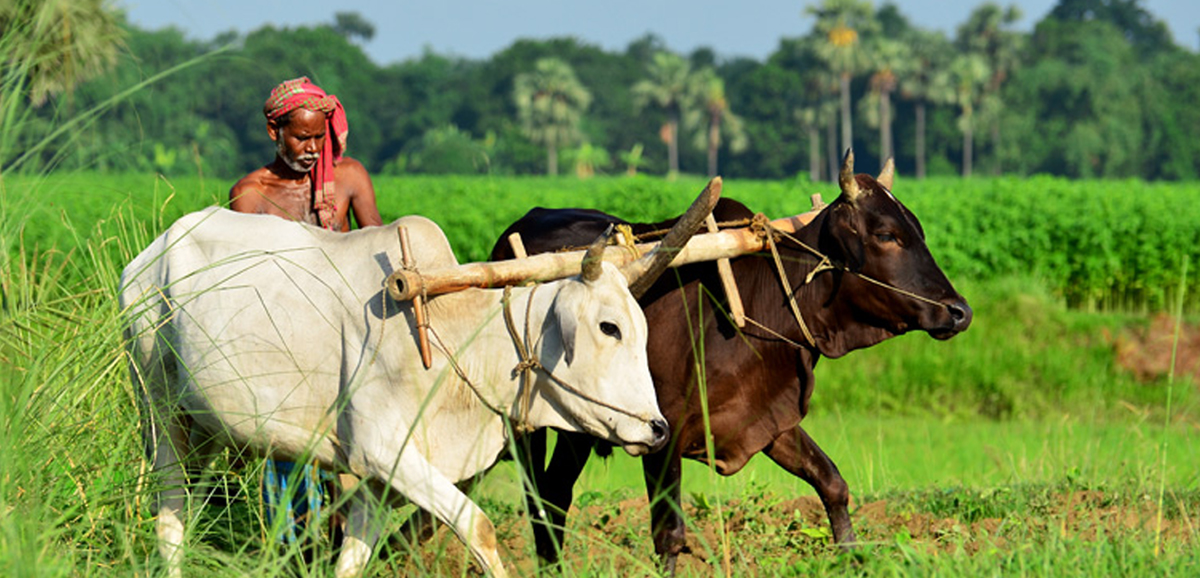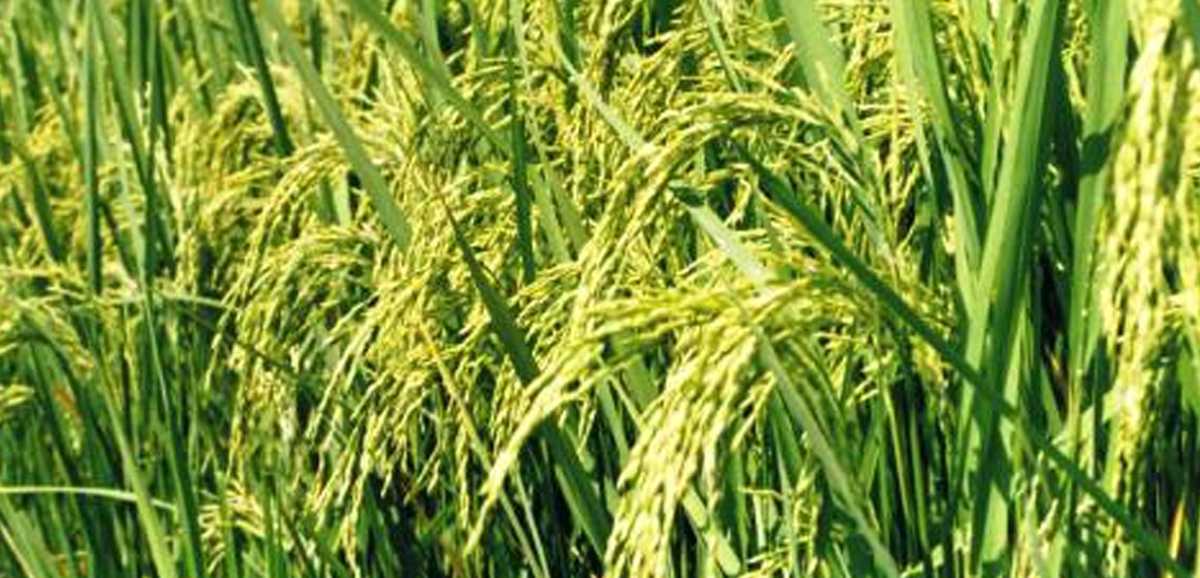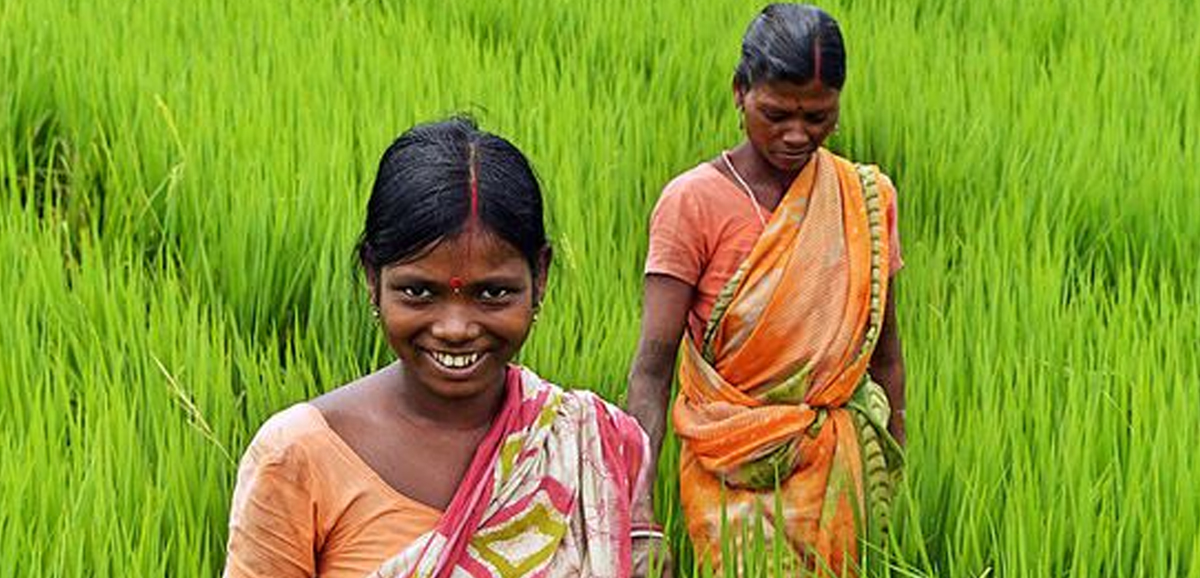The Bangla Government has decided to increase the total amount of loan it provides to farmers for farming-related purposes by a significant Rs 3,000 crore. While at the end of financial year 2018-19, the estimated amount would stand at Rs 5,000 crore, in financial year 2019-120, the government would be providing a total of Rs 8,000 crore.
About 90 lakh families would be benefitted as a result of the disbursal of the loans, to be disbursed by agricultural cooperative banks at a rate of interest of 7 per cent.
As a big incentive to farmers, those who would pay repay the total amount, consisting of the capital and interest, within the stipulated time frame, would have 3 per cent of the interest paid back to them. The amount of 3 per cent would be transferred electronically to the farmer’s bank account as soon as the total amount is repaid.
In terms of amount, loans are provided depending on the crops. As examples, for aman rice cultivation, Rs 15,000 per acre is provided, for boro paddy cultivation, Rs 45,000 per acre is provided, while for potato cultivation, Rs 60,000 per acre is provided.
In terms of types of loans, there are three types: one-year loans, short-term loans and long-term loans. For one-year loans, as the name suggests, the loan, along with the interest, has to be repaid within one year. Short-terms loans are for a period less than one year. Long-term loans can span several years; for example, for buying a tractor, a farmer can get a loan whose repayment period can span from seven to nine years.
To ensure that farmers get the loans through Kisan Credit Cards (by adopting which means loans can be transferred electronically), in financial year 2018-19, the State Government has set up banking infrastructure at 3,000 primary agricultural cooperative societies (PACS), including setting up micro-ATMs. Rs 400 crore has been allocated for the purpose.
For leasing of farming machinery on easy terms, the government is creating machinery hubs at total cost of Rs 1,000 crore. Tractors, paddy cleaning machines and several other machines and tools crucial for making farmers’ work easier can be hired from these hubs.
Then, on December 31, 2018, Chief Minister Mamata Banerjee announced a few other crucial measures meant to make farmers’ lives easier. These were her New Year gifts to them.
The Krishak Bandhu Scheme was introduced, which is made up of two components. Krishak Bandhu 1 is in the form of an assurance model, wherein if a farmer dies between the ages of 18 and 60, due to any cause, the family would receive a one-time grant of Rs 2 lakh. Krishak Bandhu 2 is in the form of a yearly grant to farmers’ families, of Rs 5,000 per acre per annum in two instalments.
Besides these, another announcement was also made. The full premium under the crop insurance scheme, Bangla Fasal Bima Yojana (BFBY) would henceforth be handled by the State Government, which means that the 20 per cent paid by the Centre too would now be paid by the State. The latter was already paying the farmers’ share of the premium for the last few years besides, of course, its own share.
Source: Aajkaal

